Resources for Unit 11: Travelling in the future - Global Success 7
| Site: | vinhphuc.topgrade.edu.vn |
| Course: | Tiếng Anh Tăng Cường lớp 7 - Tam Đảo |
| Book: | Resources for Unit 11: Travelling in the future - Global Success 7 |
| Printed by: | Guest user |
| Date: | Wednesday, 2 July 2025, 9:42 AM |
Description
Resources for Unit 11: Travelling in the future - Global Success 7.
Table of contents
- 1. Vocabulary for Unit 11: Travelling in the future
- 1.1. Vocabulary for Unit 11: Travelling in the future. Lesson 1. GETTING STARTED
- 1.2. Vocabulary for Unit 11: Travelling in the future. Lesson 2. A CLOSER LOOK 1
- 1.3. Vocabulary for Unit 11: Travelling in the future. Lesson 3. A CLOSER LOOK 2
- 1.4. Vocabulary for Unit 11: Travelling in the future. Lesson 4. COMMUNICATION
- 1.5. Vocabulary for Unit 11: Travelling in the future. Lesson 5. SKILLS 1
- 1.6. Vocabulary for Unit 11: Travelling in the future. Lesson 6. SKILLS 2
- 1.7. Vocabulary for Unit 11: Travelling in the future. Lesson 7. LOOKING BACK & PROJECT
- 2. Grammar for Unit 11: Travelling in the future
- 3. Video Lecture for Unit 11: Travelling in the future
- 3.1. Video Lecture for Lesson 1. GETTING STARTED
- 3.2. Video Lecture for Lesson 2. A CLOSER LOOK 1
- 3.3. Video Lecture for Lesson 3. A CLOSER LOOK 2
- 3.4. Video Lecture for Lesson 4. COMMUNICATION
- 3.5. Video Lecture for Lesson 5. SKILLS 1
- 3.6. Video Lecture for Lesson 6. SKILLS 2
- 3.7. Video Lecture for Lesson 7. LOOKING BACK & PROJECT
- 4. Hướng Dẫn Phát Âm Unit 11 (Global Success 7)
1. Vocabulary for Unit 11: Travelling in the future
Vocabulary for Unit 11: Travelling in the future.
1.1. Vocabulary for Unit 11: Travelling in the future. Lesson 1. GETTING STARTED
hyperloop
/ ˈhaɪpə(r) luːp / (n) Tàu siêu tốcIt’s a pity that we don’t have a hyperloop now.
(Thật đáng tiếc khi chúng ta không có tàu siêu tốc lúc này.)
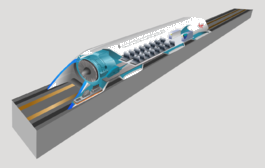
traffic jam
/'træfɪk dʒæm/ (n.phr) Kẹt xeOh, another traffic jam.
(Ôi, lại kẹt xe.)

campsite
/ˈkæmpsaɪt/ (n) Khu cắm trạiHow will we get to the campsite on time now?
(Làm thế nào chúng ta đến khu cắm trại đúng giờ ngay đây?)

tube
/tjuːb/ (n) ống nướcIt’s a system of tubes.
(Nó là hệ thống ống nước)
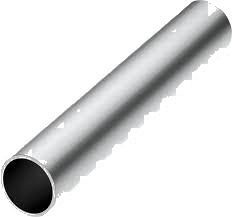
flying car
/ˈflaɪɪŋ kɑː/ (n.phr) Xe bayIt’s even faster than a flying car.
(Nó thậm chí còn nhanh hơn ô tô bay)
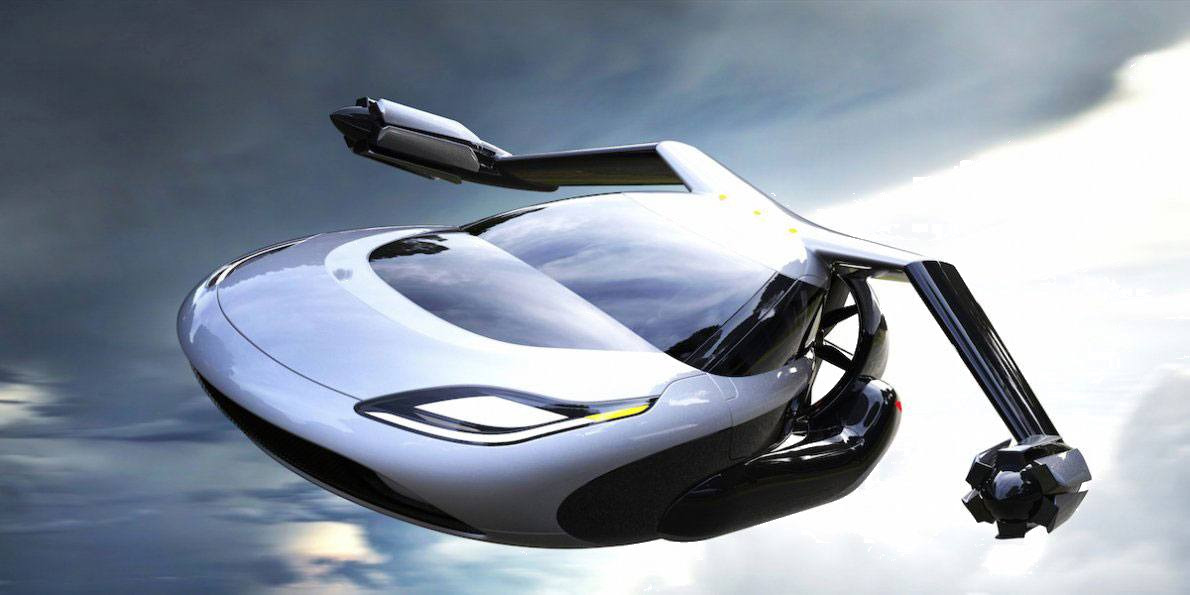
pollute
/pəˈluːt/ (v) Ô nhiễmWill it pollute the environment?
(Nó sẽ gây ô nhiễm môi trường đúng không?.)

fume
/fjuːm/ (n) KhóiThere will be no fumes, and it’s totally safe.
(Sẽ không có khói và hoàn toàn an toàn.)
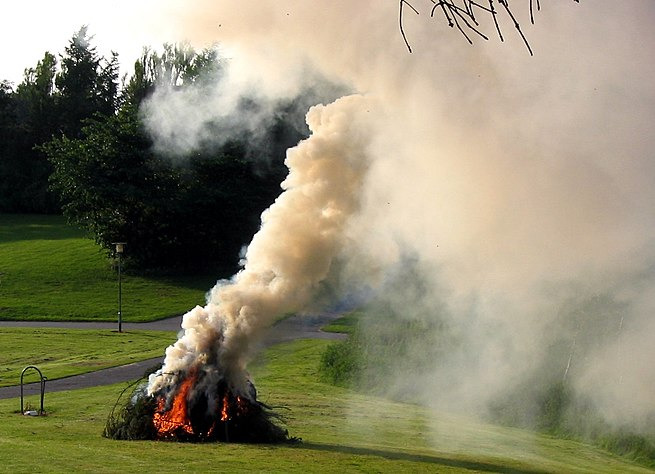
teleporter
/ˈtel.ɪ.pɔː.tər/ (n) Vận chuyển viễn thôngA teleporter is also fast, safe and eco-friendly.
(Vận chuyển viễn thông thì nhanh, an toàn và thân thiện với môi trường.)
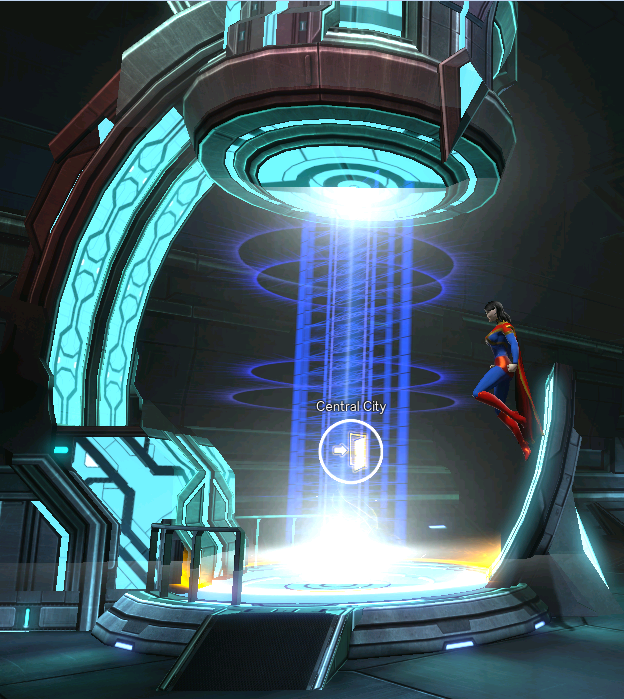
Mode of travel
/məʊd ɒv ˈtrævl/ (n.phr) Phương thức đi lạiIt’s a different mode of travel.
(Nó là một phương thức đi lại khác.)
worry about
/ ˈwʌri əˈbaʊt/ (phr.v) Lo lắngSo when we travel in hyperloops, we won’t have to worry about bad weather, right?
(Vì thế khi chúng ta du lịch bằng tàu siêu tốc, chúng ta không phải lo về thời tiết xấu đúng không?.)
hope
/həʊp/ (v) Hy vọngThey hope there will be hyperloops soon..
(Họ hy vọng chẳng bao lâu nữa chúng ta sẽ có tàu siêu tốc.)
wheel
/wiːl/ (n) Bánh xeIt has two wheels and you pedal it.
(Nó có hai bánh xe và bạn đạp nó.)
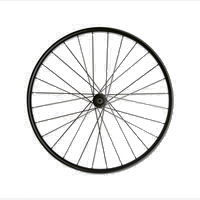
Run on
/ rʌn ɒn/ (phr.v) Chạy bằngIt runs on petrol or electricity, and can carry up to eight passengers.
(Nó chạy bằng xăng hoặc điện, và có thể chở được 8 hành khách.)
track
/træk/ (n) Đường rayIt carries many passengers and runs on tracks.
( (Nó chở được nhiều hành khách và chạy bằng đường ray.)
sail
/seɪl/ (v) ChèoIt sails on the sea. It needs wind to sail.
(Nó căng buồm trên biển và cần gió để đẩy thuyển.)

vehicle
/ ˈviːɪkl / (n) Phương tiệnWhat do you think these vehicles will be like in 50 years?
(Bạn nghĩ những phương tiện này sẽ như nào trong 50 năm nữa?)
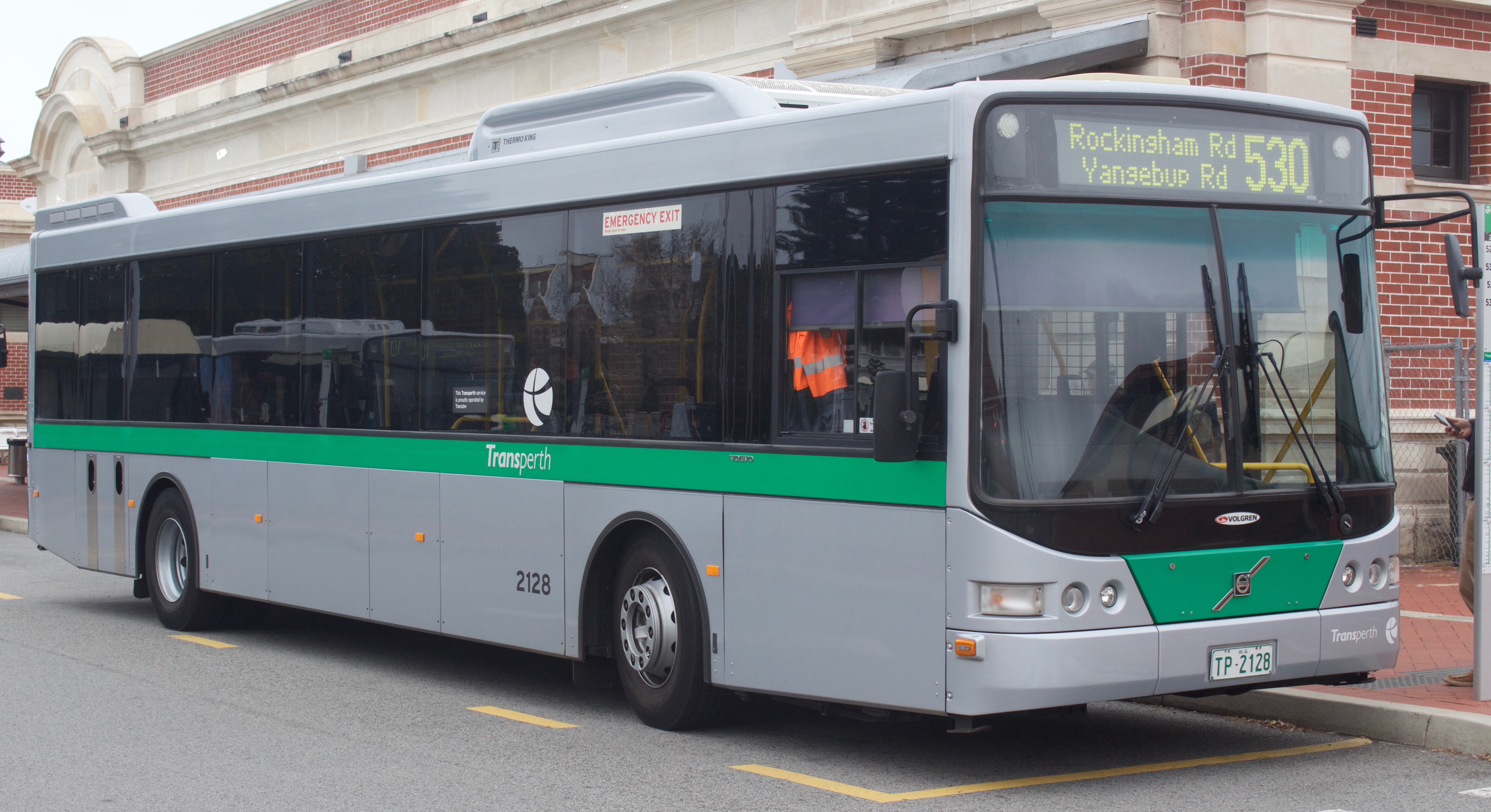
1.2. Vocabulary for Unit 11: Travelling in the future. Lesson 2. A CLOSER LOOK 1
Bamboo-copter
/bæmˈbuː-ˈkɒptə/ (n.phr) Trực thăng treTravelling by bamboo-copter is simple. You just put it on and fly away.
(Du lịch bằng trực thăng tre thì đơn giản. Bạn chỉ cần mặc nó vào và bay đi thôi.)
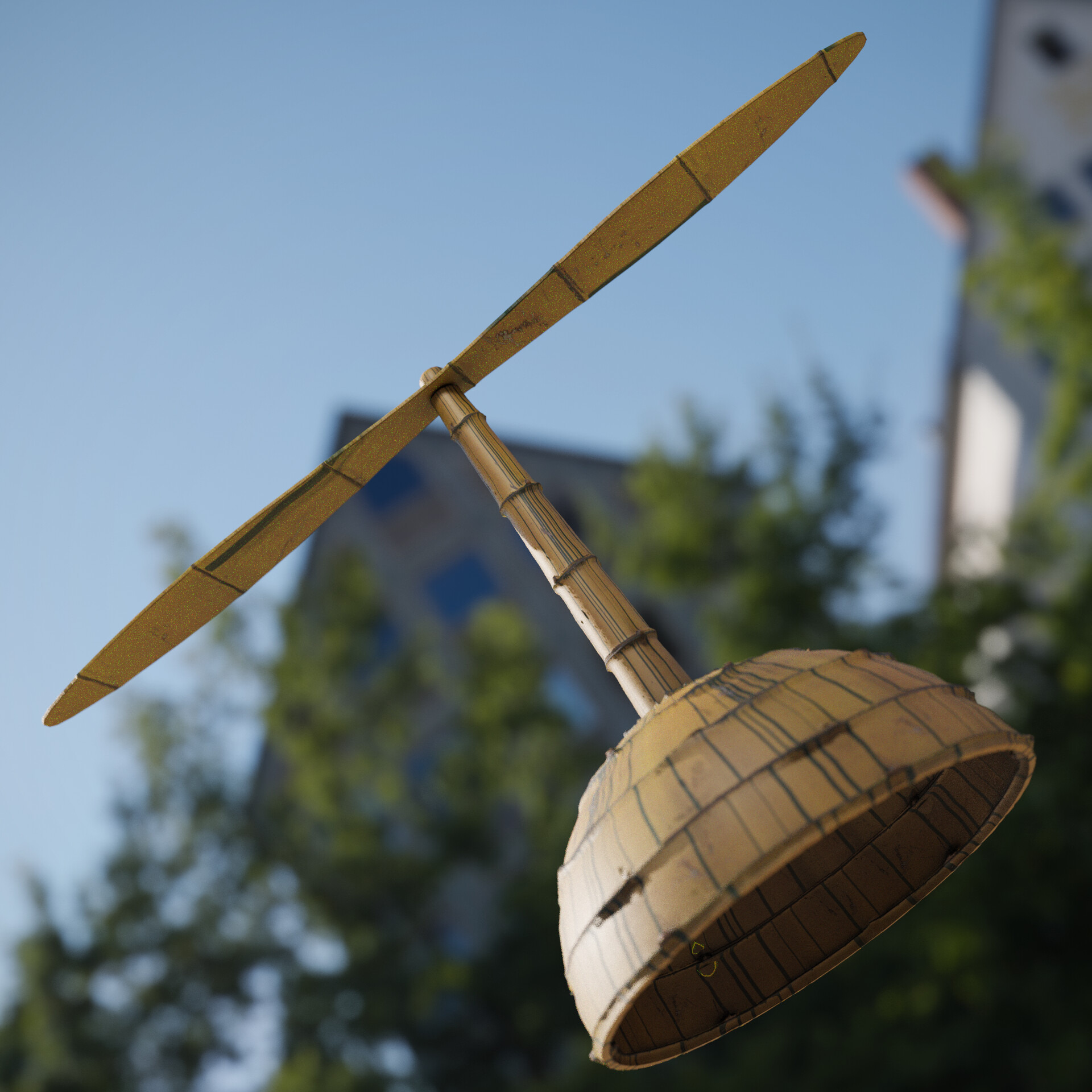
skyTran
/ skaɪ træn / (n.phr) Taxi bayIt will be fun to ride a skyTran to work..
(Thật vui khi lái taxi bay đi làm)
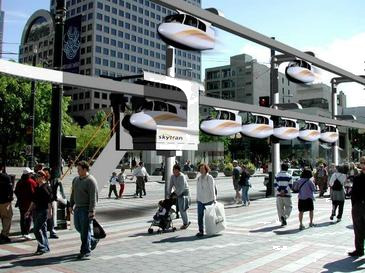
solar-powered ship
/ ˈsəʊlə-ˈpaʊəd ʃɪp/ (n.phr) Tàu chạy năng lượng mặt trờiSolar-powered ships are eco-friendly.
(Con tàu năng lượng mặt trời thì thân thiện với môi trường)
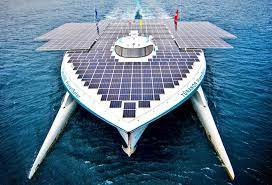
driverless car
/ ˈdraɪvləs kɑː/ (n.phr) xe hơi không người lái.We’ll have driverless cars.
(Chúng ta sẽ có những chiếc xe hơi không người lái.)

normal car
/ ˈnɔːməl kɑː/ (n.phr) Xe hơi thông thườngPeople will soon fly in flying cars instead of driving normal cars.
(Loài người sẽ nhanh chóng bay bằng xe bay thay vì lái xe thông thường)
ride
/raɪd/ (v) LáiIt will be fun to ride a skyTran to work..
(Thật vui khi lái taxi bay đi làm.)
put it on
/ pʊt ɪt ɒn/ (phr.v) Mặc vàoYou just put it on and fly away.
( Bạn chỉ cần mặc nó vào và bay đi thôi.)
popular
/ˈpɒpjələ(r)/ (adj) Phổ biếnI don’t think those trains will be popular here.
(Tôi không nghĩ những chiếc xe lửa này sẽ phổ biến ở đây.)
autopilot model
/ˈɔːtəʊˌpaɪlət ˈmɒdl/ (n.phr) Loại hình tự mớiThey introduced a new autopilot model.
(Họ đã giới thiệu một loại hình tự lái mới.)
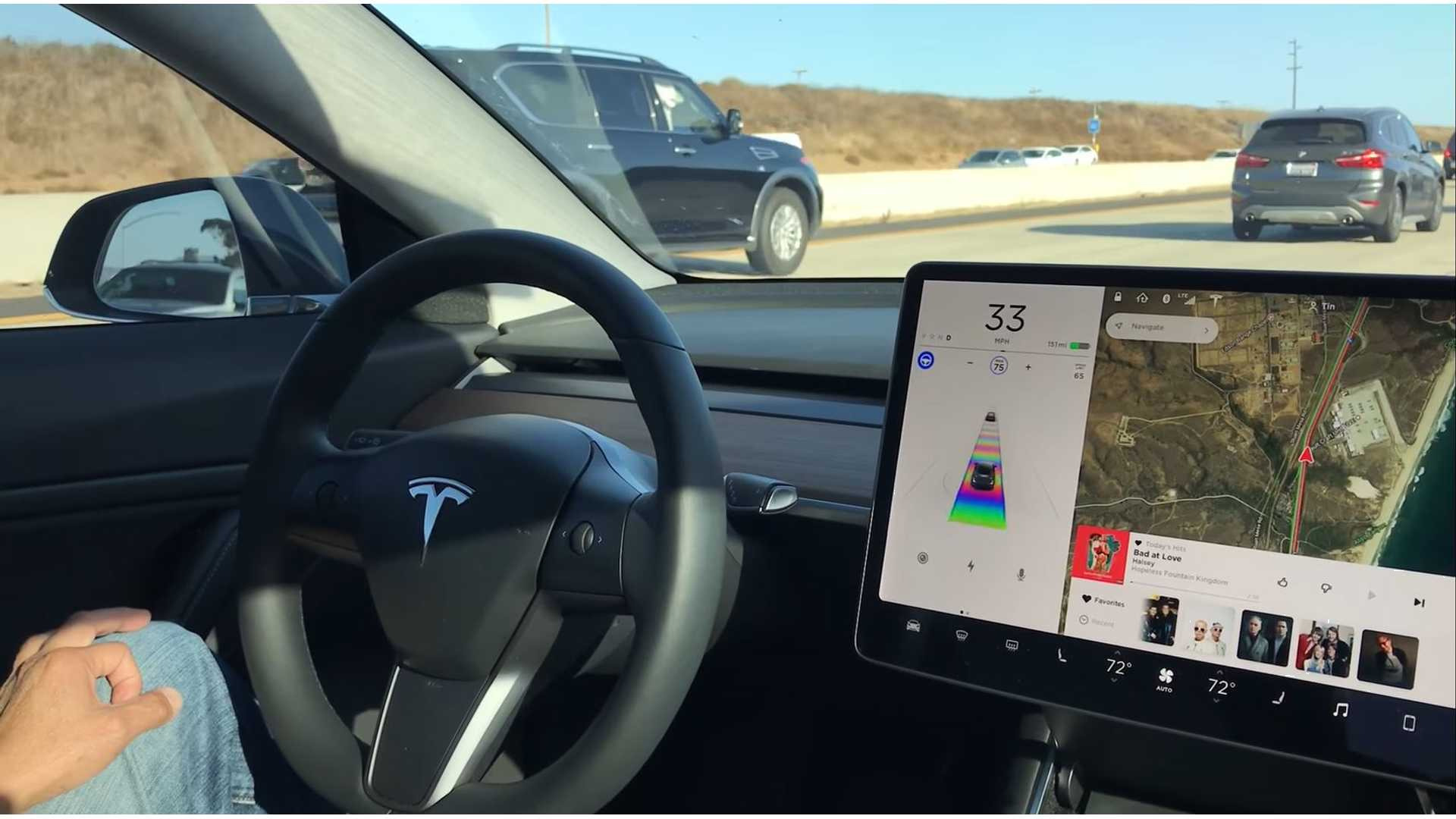
bullet train
/ ˈbʊlɪt treɪn / (n.phr) Tàu cao tốcWill bullet trains pollute the environment?
(Liệu tàu cao tốc sẽ gây ô nhiễm môi trường hay không?)
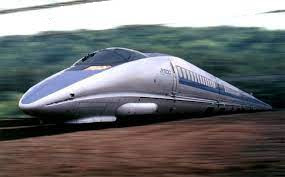
1.3. Vocabulary for Unit 11: Travelling in the future. Lesson 3. A CLOSER LOOK 2
electric scooter
/ɪˈlɛktrɪk ˈskuːtə/ (n.phr) Xe điệnWe’ll buy an electric scooter soon.
(Chúng tôi sẽ mua một chiếc xe điện sớm thôi)
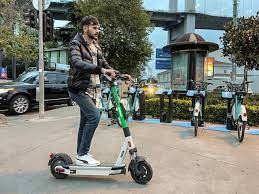
electric car
/ ɪˈlɛktrɪk kssɑː/ (n.phr) Xe hơi điệnWe will probably use electric car because normal cars cause too much pollution.
(Chúng ta sẽ có thể sử dụng xe hơi điện bởi vì xe hơi thường gây ô nhiễm nặng.)
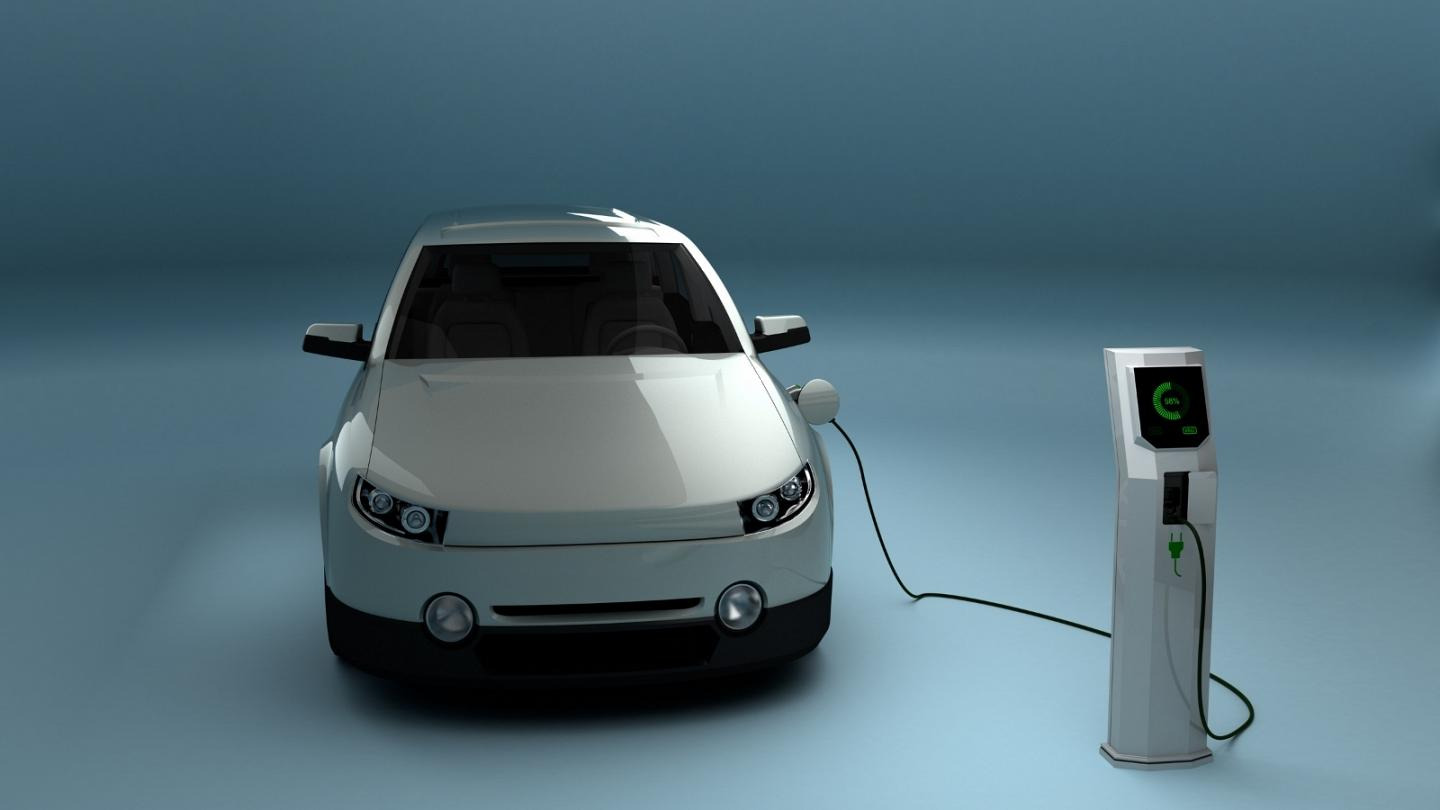
allow
/əˈlaʊ/ (v) Cho phépThis research must be allowed to continue.
(Nghiên cứu này phải được thông qua để tiếp tục.)
parking places
/ˈpɑːkɪŋ ˈpleɪsɪz/ (n.phr) Bãi xeWill we have enough parking places in 10 years.?
(Liệu chúng ta có đủ bãi xe trong 10 năm?)
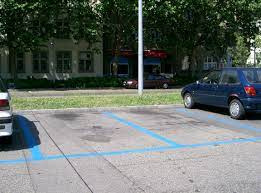
petrol-powered car
/ ˈpɛtrəl-ˈpaʊəd kɑː/ (n.phr) Xe hơi chạy bằng xăngPetrol-powered cars are not eco-friendly, so they won’t be popular..
(Xe hơi chạy bằng xăng không thân thiện với môi trường, vì vậy chúng không mấy phổ biến.)
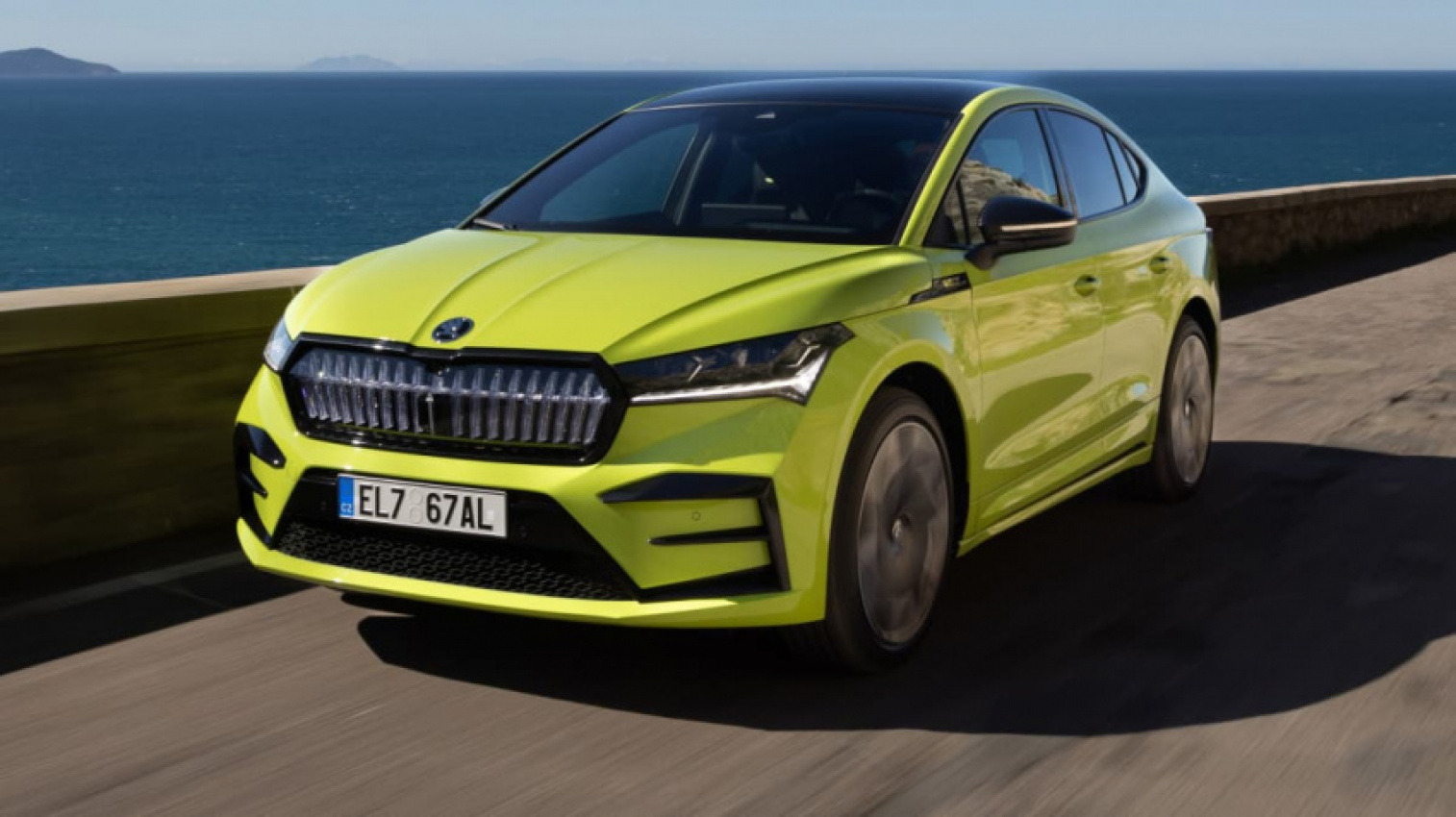
planet
/ˈplænɪt/ (n) Hành tinhRich people will choose to travel to other planets for their holidays.
(Người giàu có sẽ chọn du lịch đến các hành tinh khác cho kỳ nghỉ.)

take holidays
/teɪk ˈhɒlədeɪz/ (v.phr) Nghỉ lễPeople won’t take holidays in crowded places as in the past.
(Mọi người sẽ không nghỉ lễ ở những nơi đông đúc như hồi xưa .)

means of transport
/miːnz əv ˈtrænspɔːt/ (n.phr) Phương tiện vận chuyểnBullet trains will soon become a popular means of transport in Viet Nam because they are green and safe.
( Tàu cao tốc sẽ nhanh trở thành một phương tiện vận chuyển ở Việt Nam vì nó sạch và xanh.)
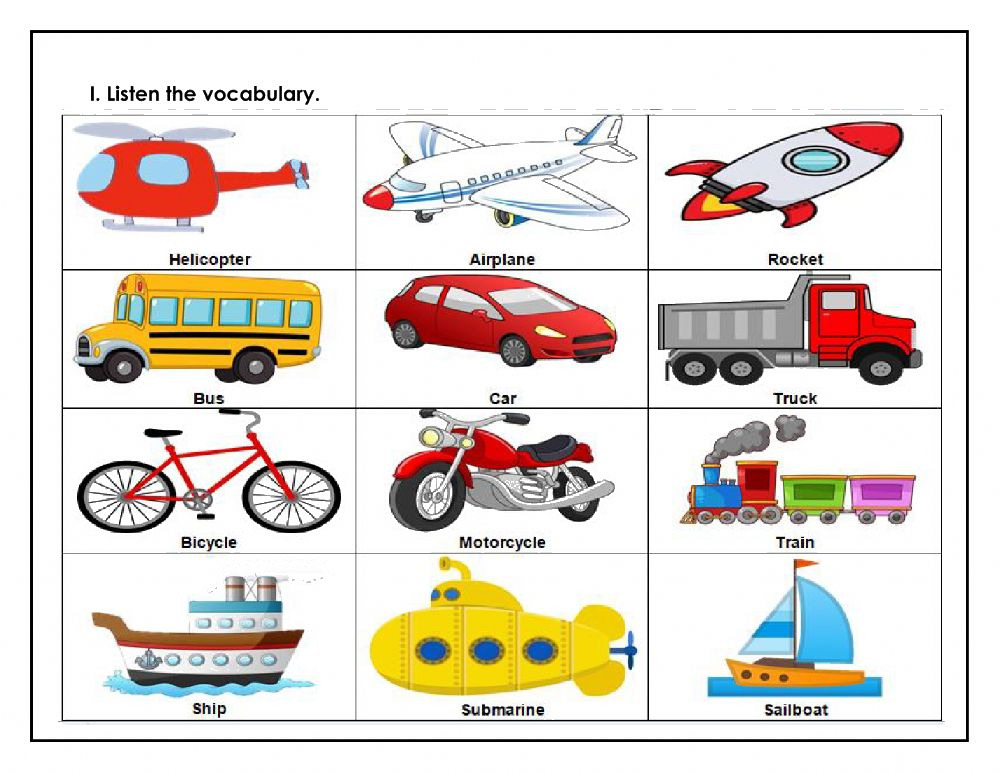
at the airport
/æt ði ˈeəpɔːt/ (pre.phr) ở sân bayAnd we won’t have to wait at the airport.
(Và họ sẽ không phải đợi ở sân bay.)

disappear
/ˌdɪsəˈpɪə(r)/ (v) Biến mấtIt makes us disappear then appear in another place in just seconds.
(Nó khiến chúng ta biến mất rồi xuất hiện ở nơi khác trong vài giây.)
possible
/ˈpɒsəbl/ (adj) Khả thiDo you think travelling by teleporter will become possible soon?
(Bạn có nghĩ du lịch bằng vận tải viễn thông sẽ nhanh khả thi không?)
motorbike
/ˈməʊtəbaɪk/ (n) Xe máyMy motorbike runs on electricity.
(Xe máy của tôi chạy bằng điện.)
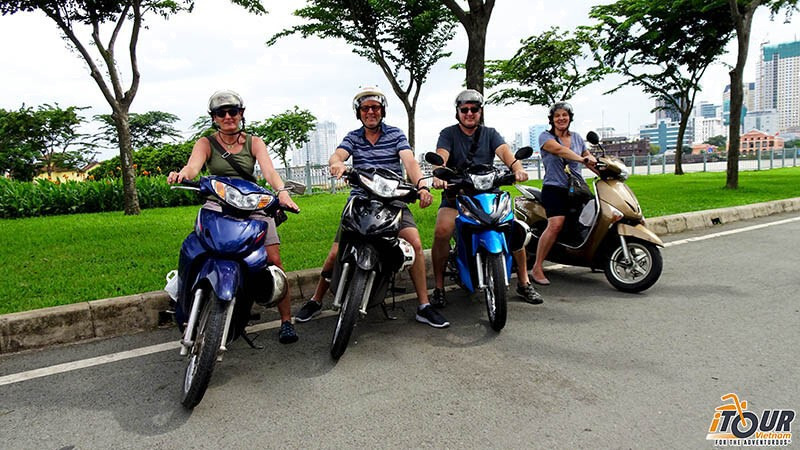
bicycle
/ˈbaɪsɪkl/ (n) Xe đạpYour bicycle is blue and my bicycle is red.
(Xe đạp của bạn màu xanh còn xe đạp của tôi màu đỏ.)
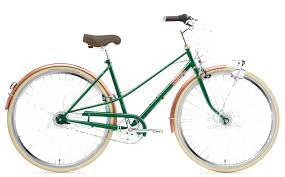
on time
/ ɒn taɪm/ (pre.phr) Đúng giờYour bus was on time.
(Xe buýt của bạn đúng giờ đấy.)
1.4. Vocabulary for Unit 11: Travelling in the future. Lesson 4. COMMUNICATION
fly across
/ flaɪ əˈkrɒs/ (phr.v) Băng quaWill it be able to fly across oceans?
(Liệu nó có thể băng qua đại dương?)
walkcar
/wɔːk kɑː(r)/ (n) Xe điện tửHow many wheels will a walkcar have?
(Xe điện tử có mấy bánh?)
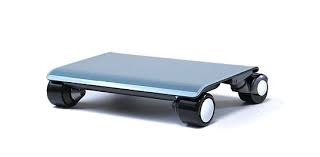
stand on it
/ stænd ɒn ɪt/ (v.phr) Đứng lên nóYou stand on it then turn on the switch and drive away.
(Bạn đứng lên nó sau đó bật công tác và chạy đi )
fall off
/ fɔːl ɒf/ (phr.v) Ngã, rơiAttendance at my lectures has fallen off considerably.
(Người tham dự buổi thuyết trình của tôi giảm đáng kể.)
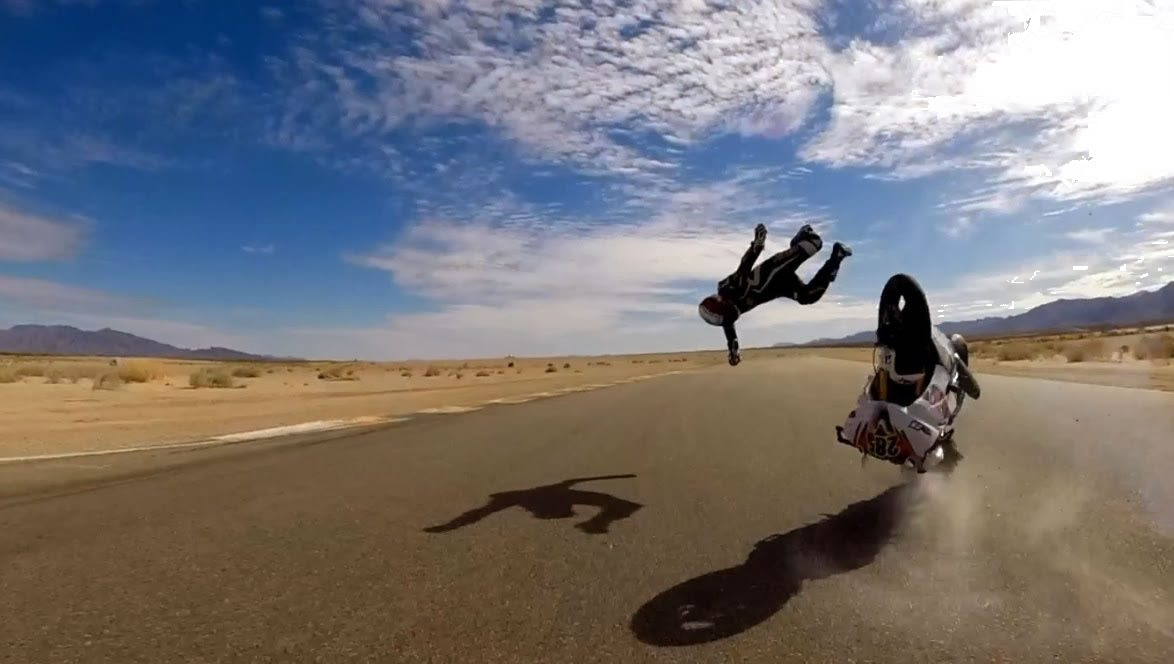
dangerous
/ˈdeɪndʒərəs/ (adj) Nguy hiểmIt sounds dangerous.
( Nghe có vẻ nguy hiểm.)
turn on the switch
/tɜːn/ /ɒn/ /ðə/ /swɪʧ/ (v.phr) Bật công tắcYou stand on it then turn on the switch and drive away.
(Bạn đứng lên nó sau đó bật công tác và chạy đi )

solowheel
/ˈsəʊləʊ wiːl / (n) Xe 1 bánhSolowheel is small.
(Xe 1 bánh thì nhỏ.)
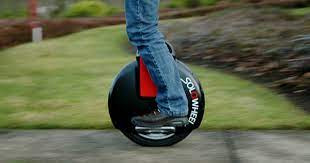
self-balancing
/ sɛlf-ˈbælənsɪŋ/ (adj) Tự thăng bằngWalkcar is self-balancing.
(Xe điện tử thì có thể tự thăng bằng)
convenient
/kənˈviːniənt/ (adj) Tiện lợiWalkcar is eco-friendly and convenient.
(Xe điện tử thì thân thiện với môi trường và tiện lợi.)
1.5. Vocabulary for Unit 11: Travelling in the future. Lesson 5. SKILLS 1
comfortable
/ˈkʌmftəbl/ (adj) Thoải máiIt is safe, fast, comfortable, and not very expensive.
(Nó thì an toàn, thoải mái, và không quá đắt.)
charge
/tʃɑːdʒ/ (v) Sạc, nạpYou only have to charge the battery every 700 kilometres.
(Bạn chỉ cần sạc pin mỗi 700 km.)
economical
/ˌiːkəˈnɒmɪkl/ (adj) Tiết kiệmThe new model will also be more economical.
(Mẫu mới sẽ tiết kiệm hơn.)

gaming screen
/ˈgeɪmɪŋ skriːn / (n.phr) Màn hình trò chơiIt even has a gaming screen inside.
(Bên trong nó còn có màn hình trò chơi.)
introduce
/ˌɪntrəˈdjuːs/ (v) Giới thiệuWhen did the company introduce its first model?
(Công ty đã giới thiệu mẫu mã mới của chúng khi nào?)

1.6. Vocabulary for Unit 11: Travelling in the future. Lesson 6. SKILLS 2
autopilot function
/ˈɔːtəʊˌpaɪlət ˈfʌŋkʃən / (n.phr) Chức năng tự láiRoadrunner’s cars have an autopilot function.
(Xe hơi Roadrunner có chức năng tự lái.)
avoid
/əˈvɔɪd/ (v) TránhBullet trains will be faster, safer, and riders can avoid traffic jams
(Tàu cao tốc sẽ nhanh hơn , an toàn hơn và người chạy có thể tránh kẹt xe.)
advantage
/ədˈvɑːntɪdʒ/ (n) Lợi thếTravelling by hyperloop in the future has many advantages
(Du lịch bằng tàu siêu tốc trong tương lai có nhiều lợi thế..)
causing noise
/ˈkɔːzɪŋ nɔɪz/ (n.phr) làm ồnCausing noise is one of the disadvantages of normal cars.
(Làm ồn là một trong những bất lợi của xe thông thường.)
1.7. Vocabulary for Unit 11: Travelling in the future. Lesson 7. LOOKING BACK & PROJECT
LOOKING BACK
sleep
/sliːp/ (v) NgủYou can sleep when you travel by flying car.
(Bạn có thể ngủ khi bạn đi bằng xe bay.)

passenger
/ˈpæsɪndʒə(r)/ (n) Hành kháchHer car can carry four passengers.
((Xe hơi của cô ấy có thể chở 4 khách.)

scientist
/ˈsaɪəntɪst/ (n) Nhà khoa họcSome scientists think we will travel to new planets.
(Một số nhà khoa học nghĩ rằng chúng ta sẽ du hành đến hành tinh mới.)

spaceship
/ˈspeɪsʃɪp/ (n) Tàu không gianWe will go to another planets by spaceship.
(Chúng ta sẽ đến hành tinh khác bằng tàu không gian.)

PROJECT
carry
/ˈkæri/ (v) ChởHow many passengers can it carry?
(Nó có thể chở được bao nhiêu hành khách.?)
road system
/rəʊd ˈsɪstɪm/ (n.phr) Hệ thống đường bộWhat road systems does it run on?
(Hệ thống đường bộ chạy bằng gì?)
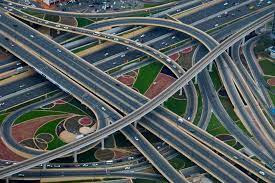
2. Grammar for Unit 11: Travelling in the future
Ngữ pháp: Thì tương lai đơn (The future simple) và Đại từ sở hữu (Possessive pronouns) Unit 11 Tiếng Anh 7 Global Success
I. Thì tương lai đơn (The future simple)
1. Cấu trúc:
- Khẳng định: S + will + V (nguyên thể)
- Phủ định: S + will not (= won’t) + V (nguyên thể)
- Nghi vấn: (wh - word) + will + S + V (nguyên thể)?
2. Cách sử dụng:
Chúng ta sử dụng thì tương lai đơn:
- để nói về các hành động trong tương lai.
Ví dụ:
+ We will buy an electric scooter soon.
(Chúng tôi sẽ sớm mua một chiếc điện mới.)
+ In the future we won’t drive normal cars anymore.
(Trong tương lai chúng ta sẽ không lái ô tô thông thường nữa.)
- để đưa ra dự đoán
Ví dụ:
+ We will probably use electric cars because normal cars cause too much pollution.
(Chúng ta có thể sẽ sử dụng ô tô điện trong tương lại vì ô tô thông thường gây ra quá nhiều ô nhiễm.)
+ Will many children go to school by solowheel?
(Nhiều trẻ em sẽ đi học bằng xe một bánh à?)
3. Dấu hiệu nhận biết:
- tonight: tối nay
- tomorrow: ngày mai
- next week/ month/ year: tuần/ tháng/ năm tới
- in the future: trong tương lai
- in + khoảng thời gian. Ví dụ: in ten minutes (trong 10 phút nữa)
- in + năm trong tương lai
II. Đại từ sở hữu (Possessive pronouns)
Đại từ sở hữu = tính từ sở hữu + danh từ. Đại từ sở hữu đóng vai trò như một danh từ có thể làm chủ ngữ hoặc tân ngữ trong câu.
Đại từ đóng vai trò chủ ngữ | Đại từ sở hữu |
I (tôi) you (bạn) we (chúng tôi) they (họ) he (anh ấy) she (cô ấy) it (nó) you (các bạn) | mine (của tôi) yours (của bạn) ours (của chúng tôi) theirs (của họ) his (của anh ấy) hers (của cô ấy) its (của nó) yours (của các bạn) |
Ví dụ:
- This is your bicycle. That bicycle is hers. (= her bicycle)
(Đây là xe đạp của bạn. Xe đạp kia là của cô ấy.)
- Your bicycle is blue and mine (= my bicycle) is red.
(Xe đạp của bạn màu xanh lam và của tôi màu đỏ.)
- My bus was late. Yours (= your bus) was on time.
(Xe buýt của tôi thì muộn. Xe buýt của bạn thì đúng giờ.)
3. Video Lecture for Unit 11: Travelling in the future
Video Lecture for Unit 11: Travelling in the future.
3.1. Video Lecture for Lesson 1. GETTING STARTED
Collected from VietJack
3.2. Video Lecture for Lesson 2. A CLOSER LOOK 1
Collected from VietJack
3.3. Video Lecture for Lesson 3. A CLOSER LOOK 2
Collected from VietJack
3.4. Video Lecture for Lesson 4. COMMUNICATION
Collected from VietJack
3.5. Video Lecture for Lesson 5. SKILLS 1
Collected from VietJack
3.6. Video Lecture for Lesson 6. SKILLS 2
Collected from VietJack
3.7. Video Lecture for Lesson 7. LOOKING BACK & PROJECT
Collected from VietJack
4. Hướng Dẫn Phát Âm Unit 11 (Global Success 7)
Bấm vào các link Mục lục (Table of Contents) để xem Video Hướng dẫn và Thực hành Phát âm.
Phần Thực hành phát âm nên học trên máy tính.
4.1. Video Hướng Dẫn Phát Âm Unit 11 (Global Success 7)
Collected from Global Success
4.2. Thực hành phát âm – Pronunciation Practice. Unit 11
Sentence stress
Click the buttons to listen, say aloud, and record. Compare your voice with the sample pronunciation. Practice each sentence at least 3 times.